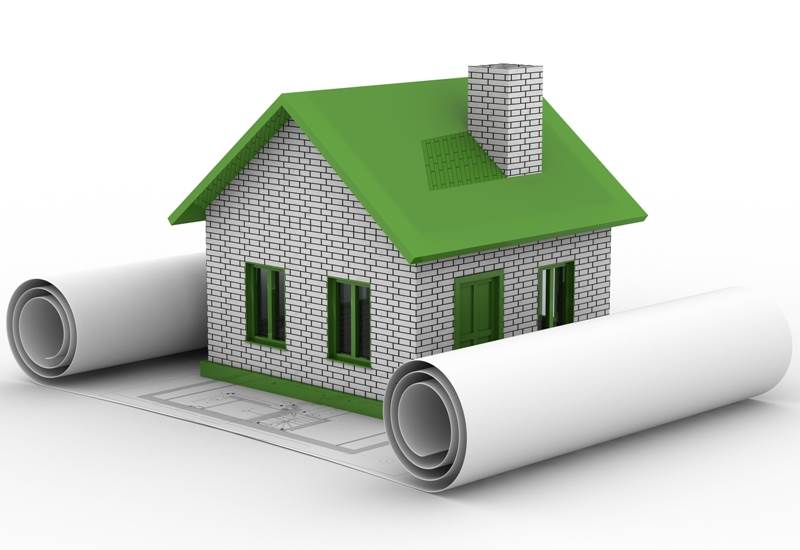×
The Standard e-Paper
Fearless, Trusted News

Not many people understand what valuers consider when determining market prices of property in real estate. From my personal experience, I have in the recent past engaged different valuation to value a house I wanted to buy but all of them came up with different values. What do these professionals look at?